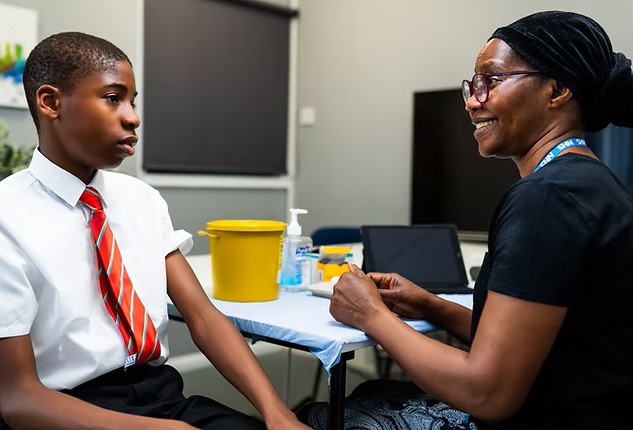As Venus and Serena Williams carved their respective names in the pantheon of sporting history, no one knows better than them that Althea Gibson is, without question, the most significant athletic forces among Black women in sports history.
Althea's accomplishments, however, were more revolutionary because of the psychosocial impact on Black America. Even to those Blacks who hadn't the slightest idea of where or what Wimbledon was, her victory proved again that when given an opportunity, Black people could compete at any level in American society.
As an American tennis player and professional golfer, Althea Gibson was the first African American to win a Grand Slam tennis title, when she won the French Championships in 1956. The following year she won both Wimbledon and the then titled US Nationals – which was to become the US Open. She won both of them again in 1958 before being voted ‘Female Athlete of the Year’ by the Associated Press in both years.
At a time when racism and prejudice were widespread in sports and in society, Gibson won 11 Grand Slam tournaments: five singles titles, five doubles titles, and one mixed doubles title. On the opening night of the 2007 US Open, the 50th anniversary of her first victory at the US National Championships, Althea was inducted into the US Open Court of Champions. at the ceremony, USTA president Alan Schwartz, said: "It was the quiet dignity with which Althea carried herself during the turbulent days of the 1950s that was truly remarkable”.
39-times Grand Slam winner, Billie Jean King said of Gibson: "Her road to success was a challenging one, but I never saw her back down once."
"I am honoured to have followed in such great footsteps", wrote fellow ‘Slam winner, Venus Williams, who went on to say: "Her accomplishments set the stage for my success, and through players like myself and Serena and many others to come, her legacy will live on."
Of the Black History-making trailblazer, the Williams sisters’ former coach, Bob Ryland, went on: "Althea Gibson is one of the greatest players who ever lived. Martina Navratilova couldn't touch her. And I think she'd beat both Venus and Serena."
Winning five Grand Slam singles, four doubles and one mixed doubles success, the South Carolina-born superstar also won – above all - the hears of millions of people around the world at the time, and ever since, as the beacon to which people could strive for.
Gibson survived a heart attack in 2003, but died later that year from complications following respiratory and bladder infections. Her body was interred in the Rosedale Cemetery, Orange, New Jersey.
In 2018, the USTA unanimously voted to erect a statue honouring her at Flushing Meadows, The statue, created by sculptor Eric Goulder and unveiled in 2019, is only the second monument erected there in honour of a champion. "Althea reoriented the world and changed our perceptions of what is possible," said Goulder. "We are still struggling. But she broke the ground."
"I hope that I have accomplished just one thing", she said, in her 1958 retirement speech, "that I have been a credit to tennis, and to my country.
"By all measures," reads the inscription on her Newark statue, "Althea Gibson certainly attained that goal." In 2025, Althea Gibson will be honoured on a U.S. quarter, as part of the final year of the American Women quarters program.
She died in 2003, aged 76.










